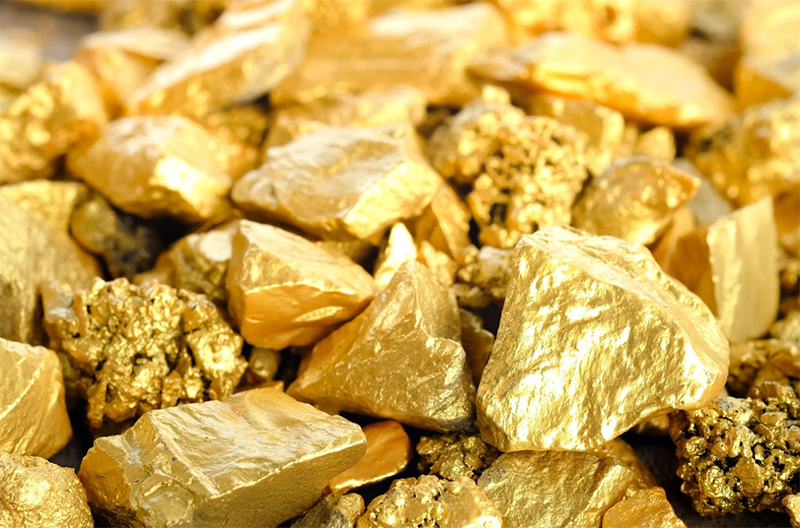
Leaching gold with thiourea is a process used to extract gold from ores or concentrates. Thiourea (CS(NH2)2) is a non-toxic alternative to cyanide for gold leaching. The process involves several steps:
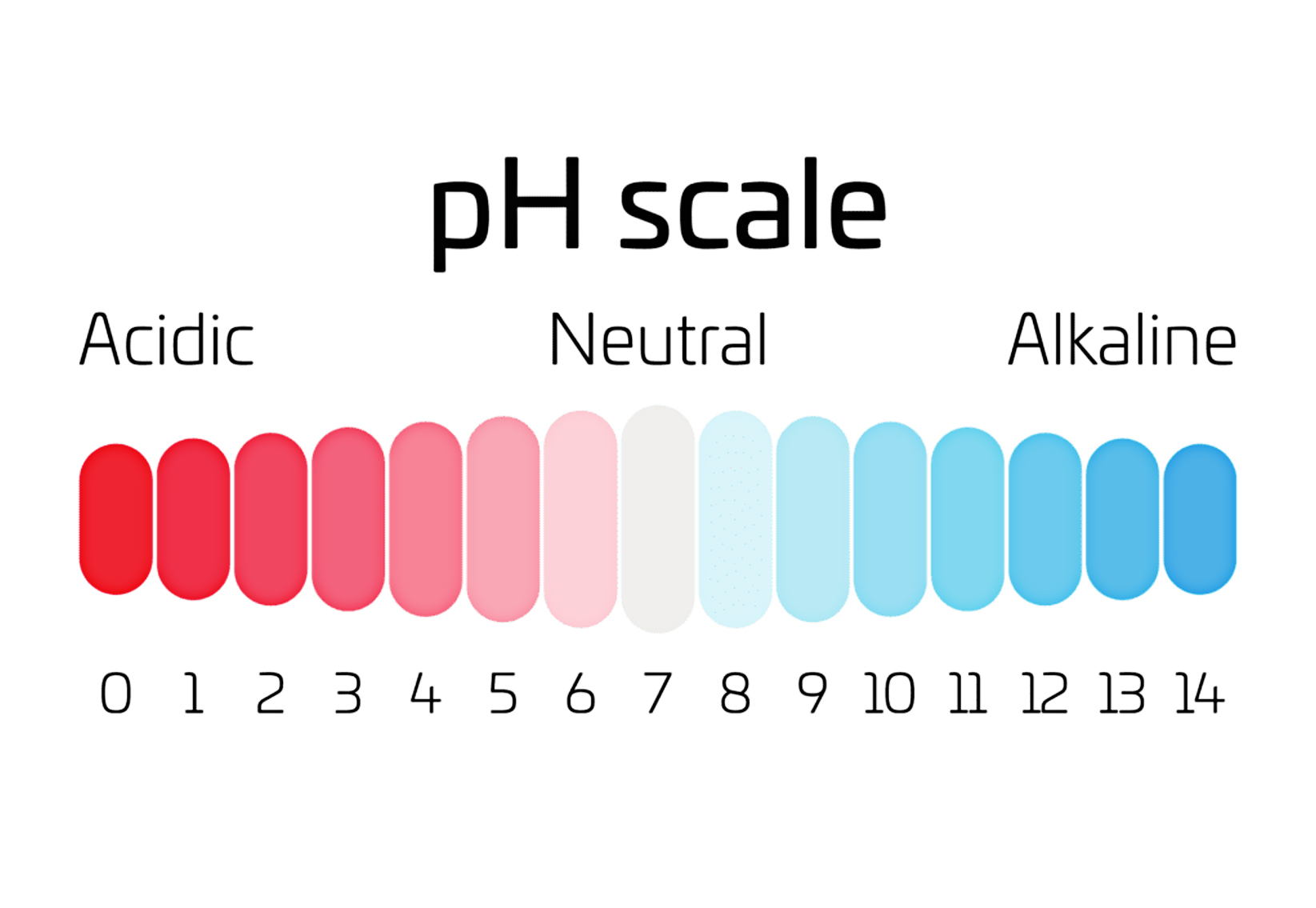
Thiourea is considered neutral. While it can undergo partial hydrolysis in water, resulting in the release of a proton and making it slightly acidic, its overall behavior is closer to neutral.
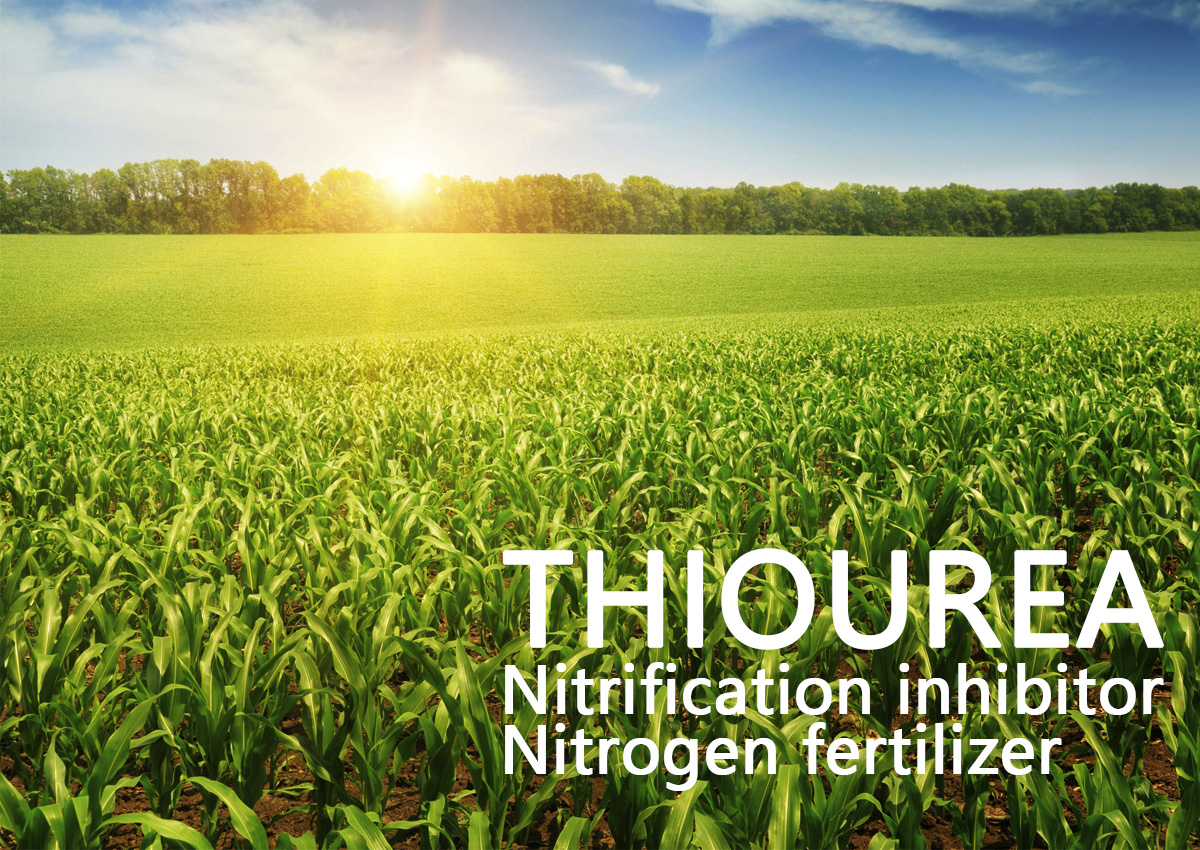
Thiourea can be used as a basic nitrogen fertilizer and is also a good nitrification inhibitor. Ammonium nitrogen fertilizer in the soil undergoes nitrification reaction under the action of ammonia oxidizing bacteria (nitrifying bacteria and nitrosifying bacteria), and ammonium nitrogen fertilizer is converted into nitrate nitrogen fertilizer. However, nitrate nitrogen fertilizer is easily soluble in water, easily lost in the soil, and difficult to be absorbed by crops. Therefore, in order to maintain soil fertility, certain nitrification inhibitors are needed.
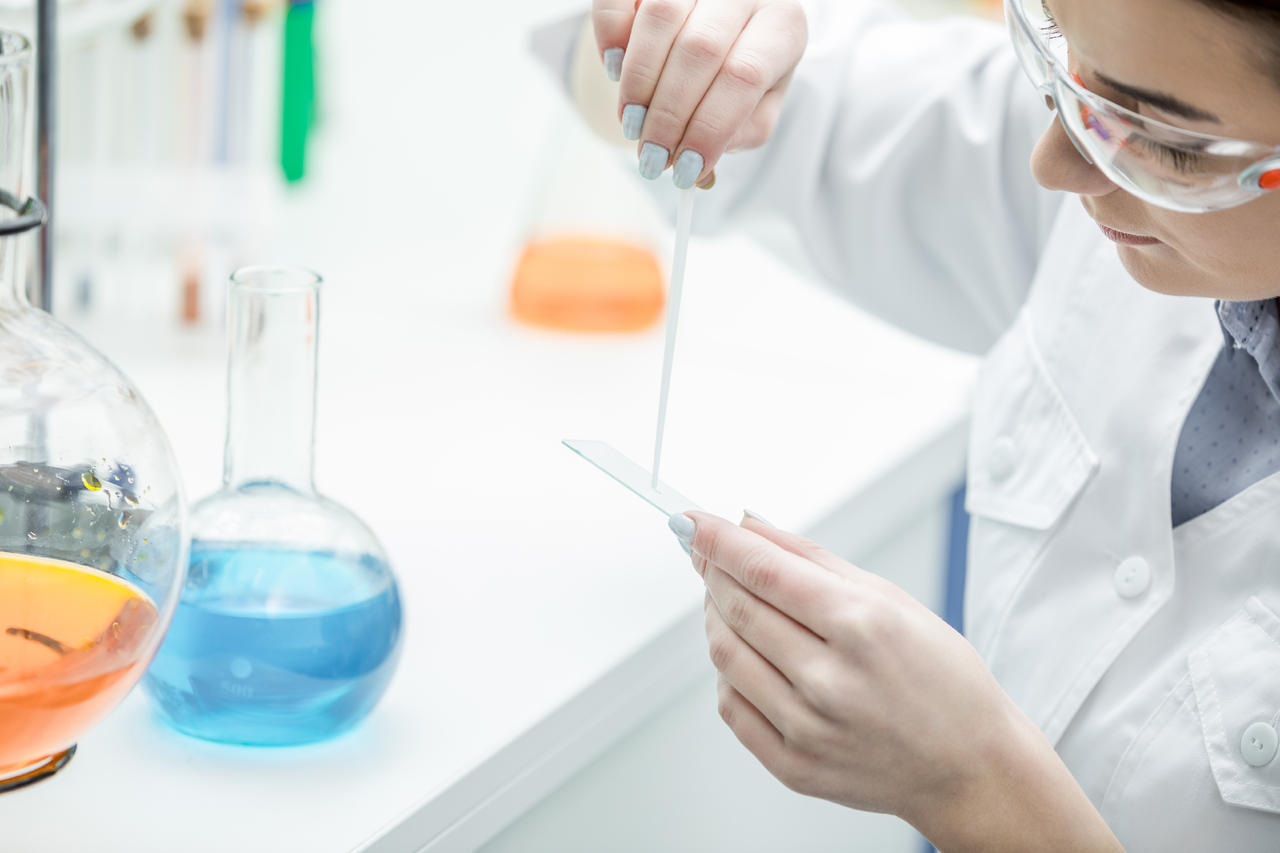
Thiourea purity ≥99.5% is high purity thiourea. Thiourea is divided into ordinary thiourea and high-purity thiourea. Due to the high technical requirements for high-purity thiourea, ordinary thiourea is mainly available on the market, and the circulation volume of high-purity thiourea is small.

Yes, thiourea can be toxic. It is a compound commonly used in various industrial processes.
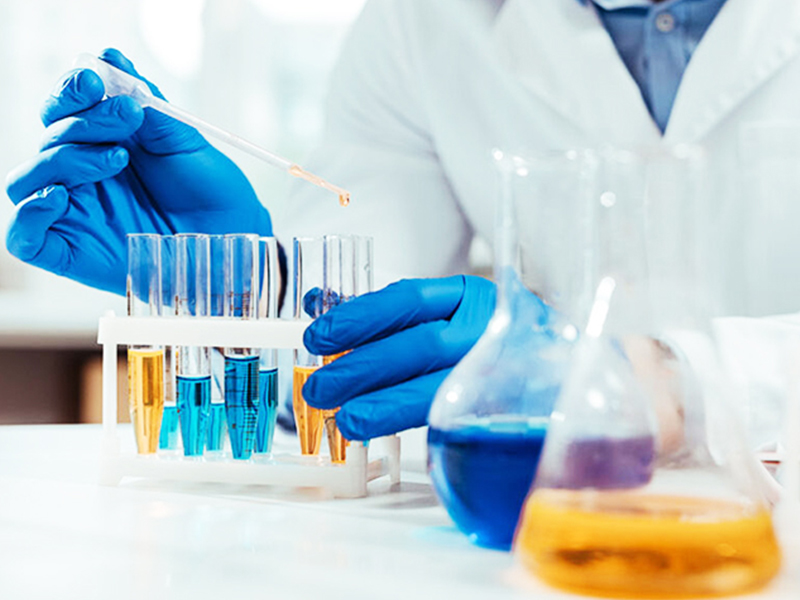
Thiourea is often used in photography, textiles, metal finishing, agriculture, pharmaceuticals, polymer industry, chemical analysis and other fields.